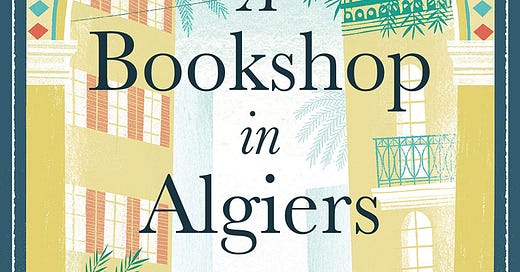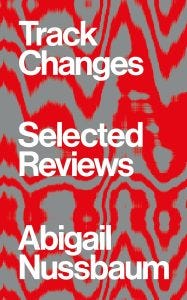Words for Worlds - Issue 93
Hello everyone, and welcome to the first April issue of the Words for Worlds newsletter. This is a relatively short one, as it’s only been a week since the last newsletter.
There is a fantastic new review of THE SENTENCE, written by the critic Roseanna Pendlebury, on her blog. It’s that rare review that teaches you something about your own craft (in this case, the challenges of expository world-building through dialogue between the main characters), and also about the art of criticism as well. And if you haven’t yet procured your copy of the novel, a reminder that it’s available here. Also, if you haven’t yet voted in the annual Locus Awards, the deadline is April 15.
In other news, the finalists for the 2025 Hugo Awards were announced today, and Strange Horizons has made it to the shortlist in the best semiprozine (i.e., magazine) category.
What I’m Reading
I’ve just begun reading the novel, A Bookshop in Algiers, by Kaouther Adimi. The history of a bookshop in Algiers become a microcosm of the Algerian freedom struggle, and what came after. The timeline shifts between 1936 (when the titular bookshop was opened) and the present day. Very early days yet, but this is written very well, and seems to be performing that difficult task of historical fiction in appropriately communicating the weight of the history, without letting it overwhelm you.
What’s Happening at Strange Horizons
Check out our special issue on ageing in SFF, which was published on the last Monday of March. In particular, I loved Isabel Black’s essay - titled “Grannies Against Oppression” - which examines common tropes around ageing in SFF, through the lens of the last four novels of The Expanse series. I’ve thought about The Expanse from many perspectives - especially that of extractivism - but this was something entirely new.
The Indian Scene
Nothing in this past one week.
Recommendations Corner
A somewhat niche recommendation this week, but I noticed that Abigail Nussbaum’s Track Changes - a collection of reviews spanning her decade-and-a-half career as an SFF critic - is on the Hugo Awards shortlist under the best related work category. I don’t think this book is meant only for critics, though - I think it’s meant for anyone interested in where the genre of SFF presently is, and where it’s going; the division of the book into themes helps matters as well. Here is a Locus Magazine review of the book, which may help whet your appetite!




